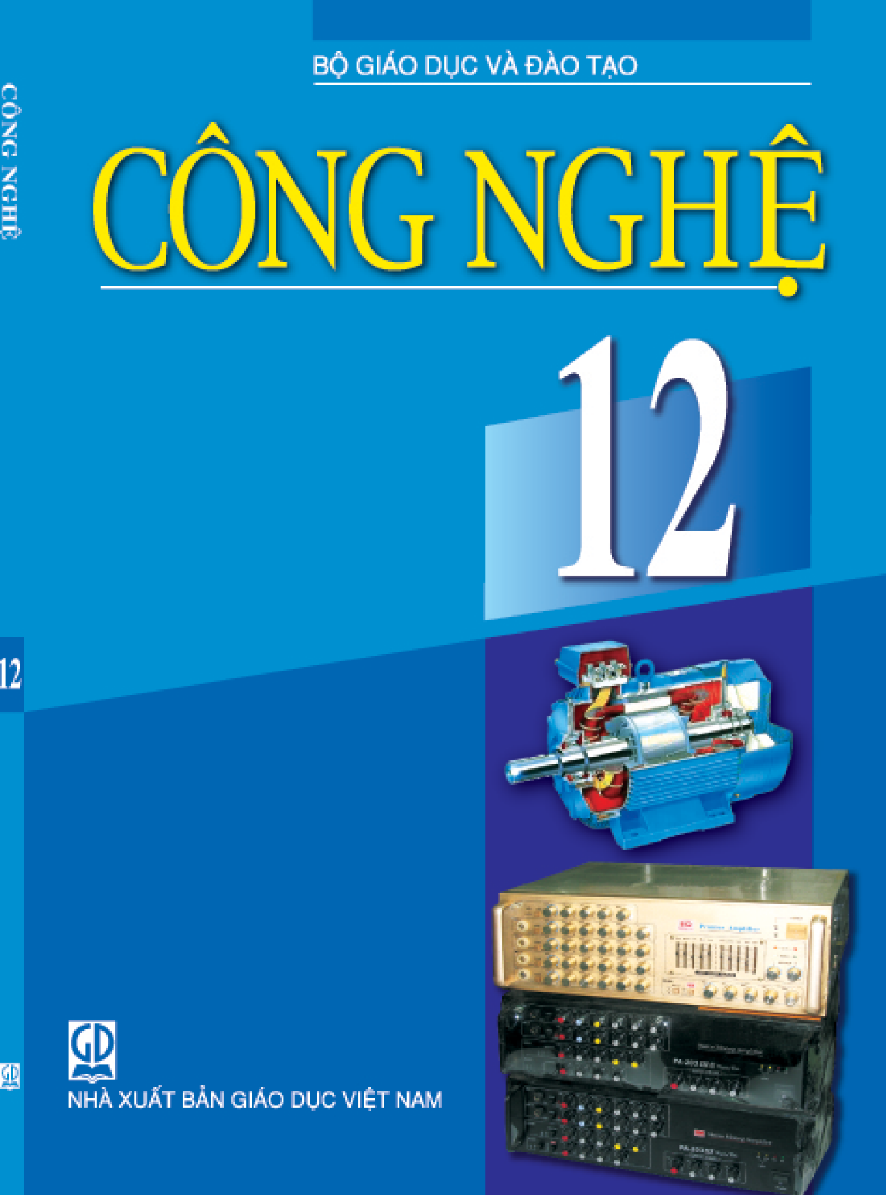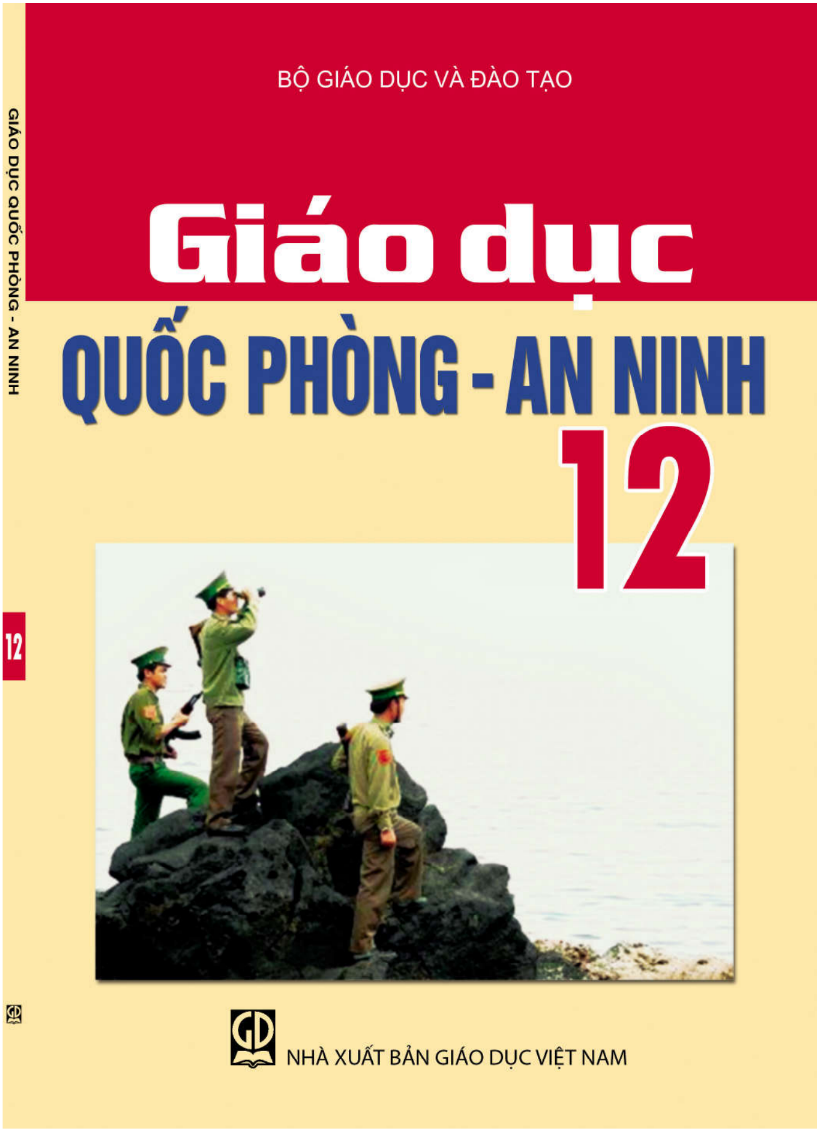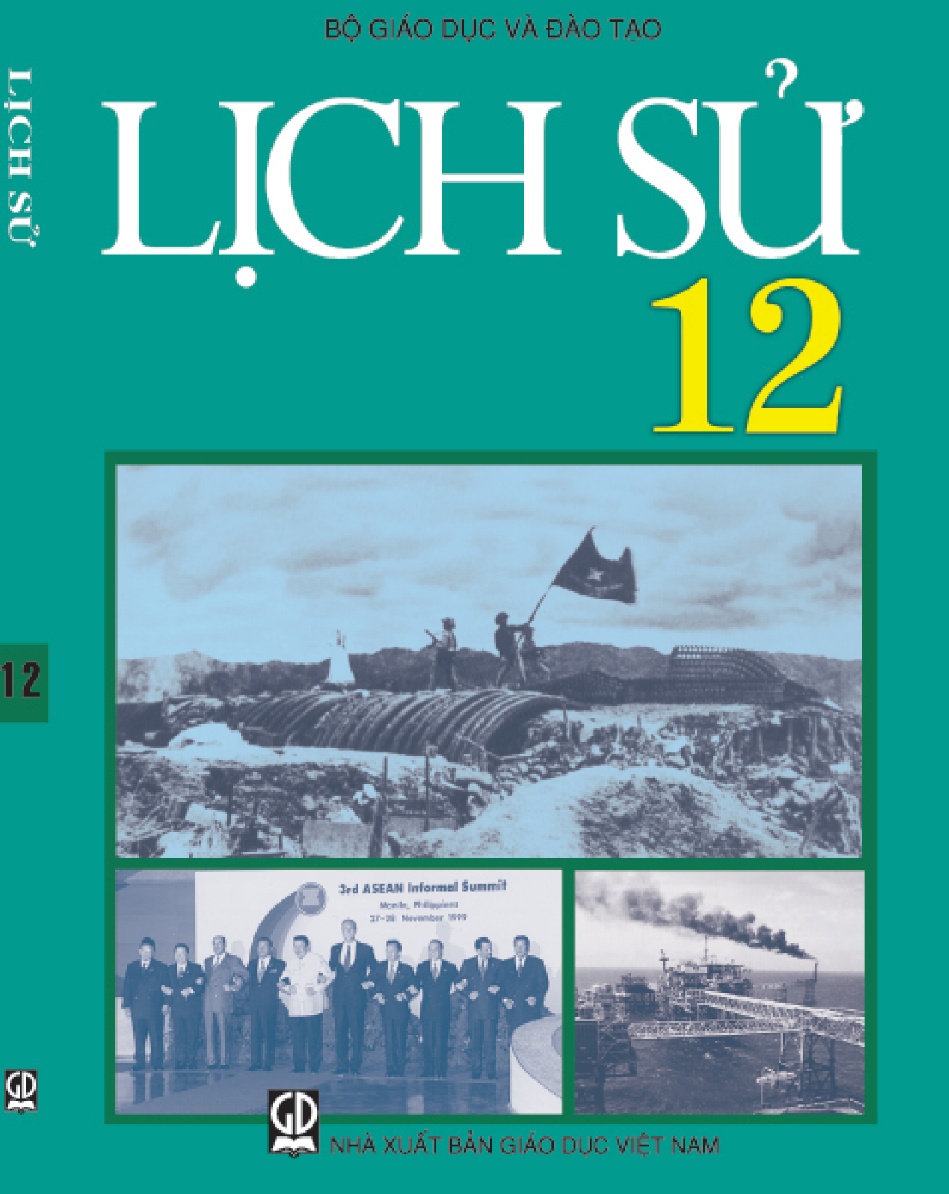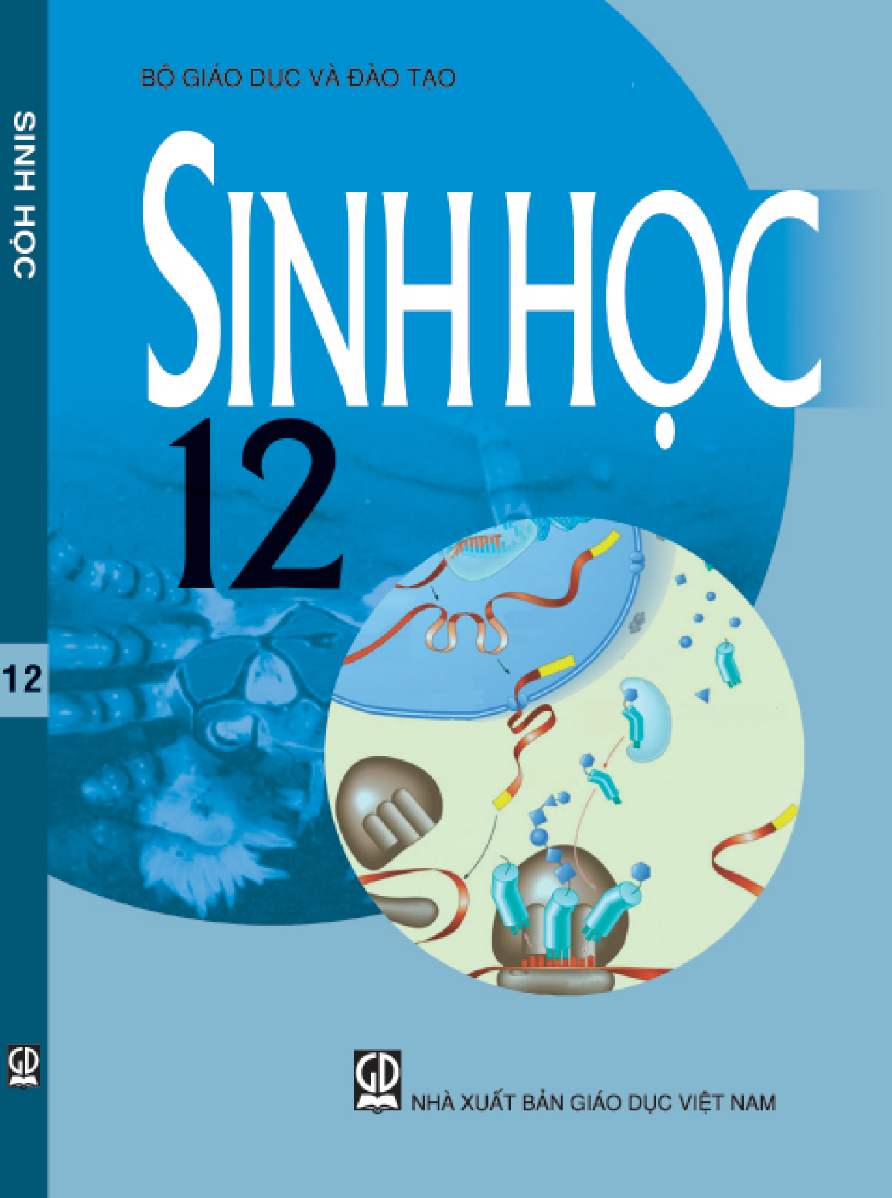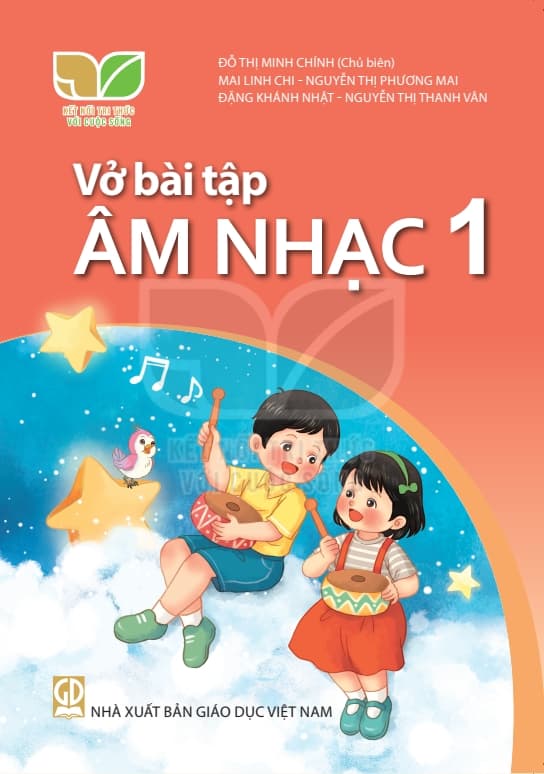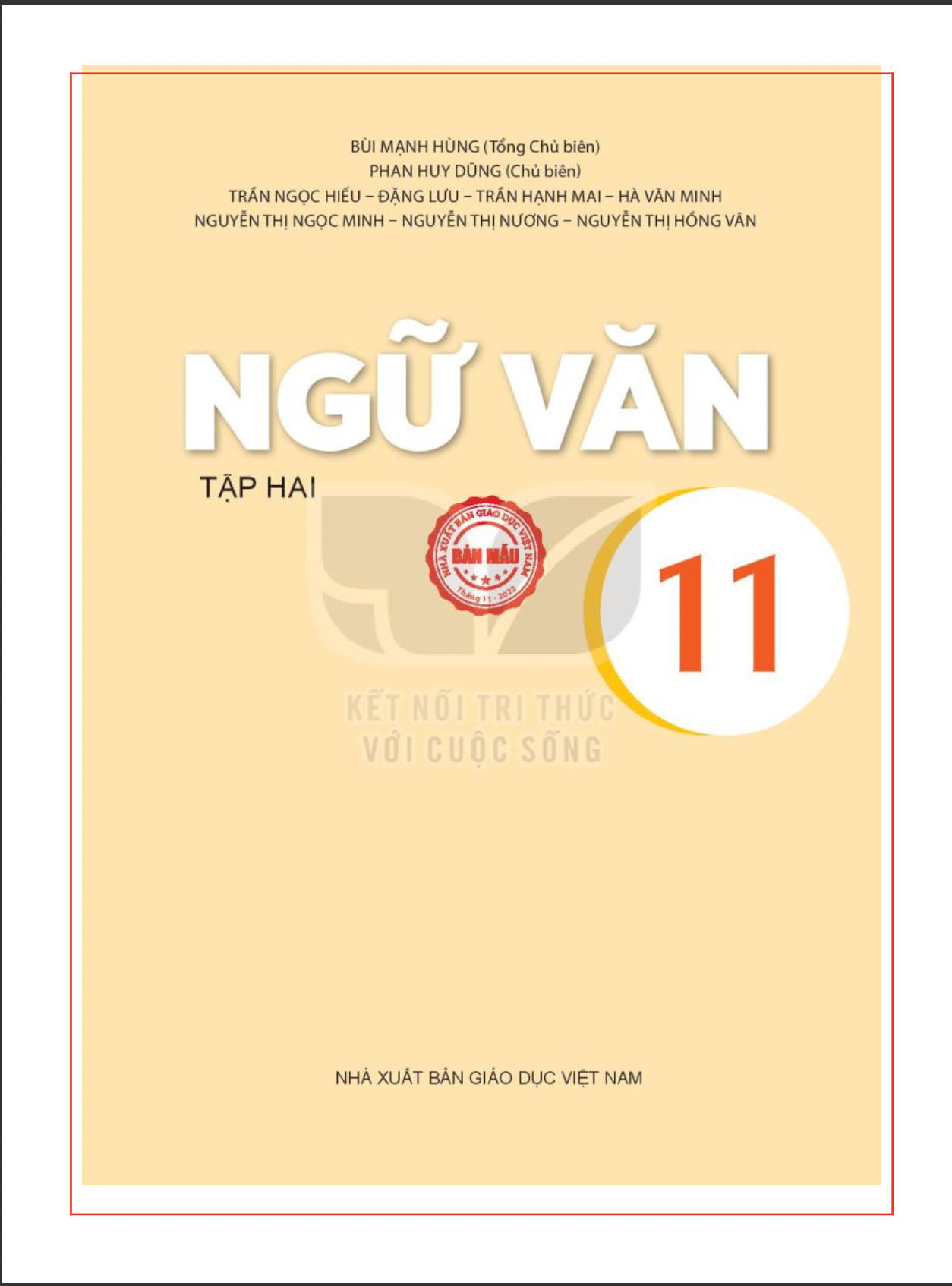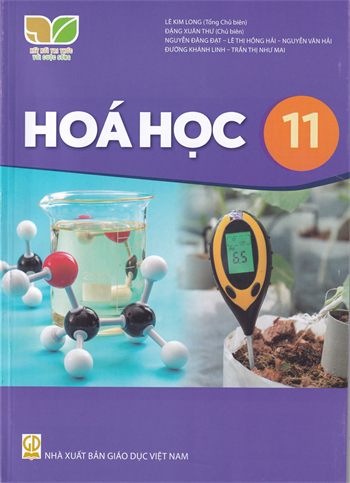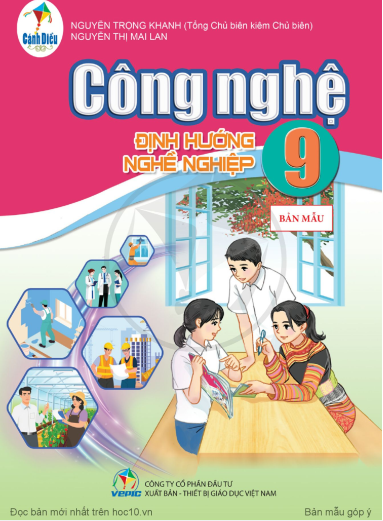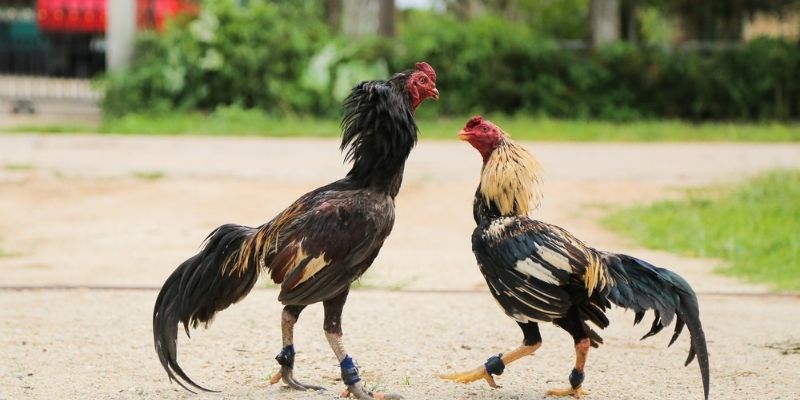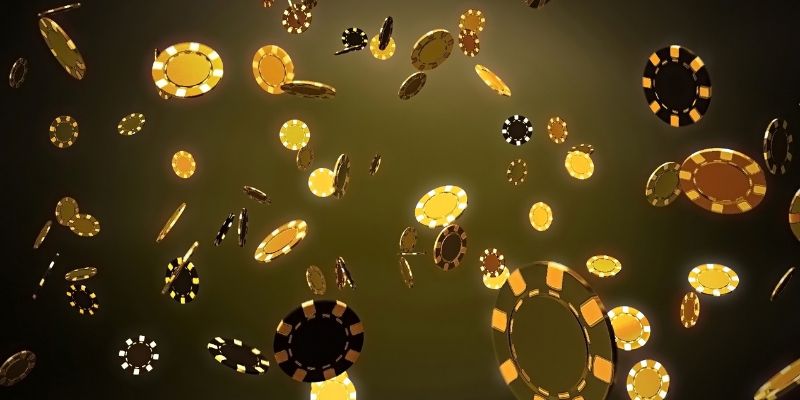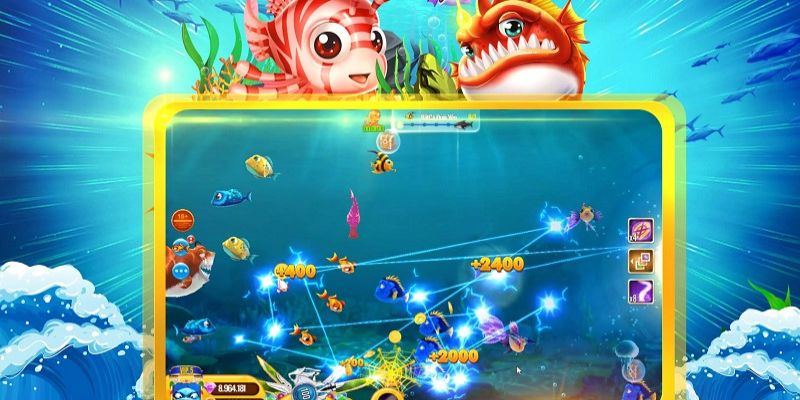(Page 110)
VIII. LOOKING BACK
Pronunciation
1. Underline the parts where assimilation occurs. Listen and check. Then practise saying these sentences in pairs.
1. Have you been to the new conservation park in town?
2. Animals are brought to the park from different places.
3. My sister follows a special diet and doesn't eat red meat.
4. We got back home from a trip to the animal rescue centre.
Vocabulary
Choose the correct answers to complete these sentences.
1. To survive/rescue, the young cubs should be released into the wild when they are aged eight to ten months.
2. Many volunteers are participating in a campaign to conserve/degrade the rainforests.
3. The animals looked so weak because they were kept in captivity/extinction for a long time.
4. Many species of animals are becoming extinct/common because of habitat loss.
Grammar
Choose the sentence that best combines each pair of the following sentences. ![]()
1. People continue to buy clothes made of wild animal skins. This will encourage poaching and illegal trade in body parts.
A. If people continue to buy clothes made of wild animal skins, this will encourage poaching and illegal trade in body parts.
B. If poaching and illegal trade in body parts are encouraged, people will continue to buy clothes made of wild animal skins.
C. Unless people continue to buy clothes made of wild animal skins, this will encourage poaching and illegal trade in body parts.
D. Unless people are encouraged to poach and trade body parts illegally, they will continue to buy clothes made of wild animal skins.
2. Sharks are not dangerous. People think they are dangerous.
A. Sharks are as dangerous as people think.
B. Sharks are not as dangerous as people think.
C. Sharks are more dangerous than people think.
D. Sharks are thought to be more dangerous.
3. We should try our best to conserve wildlife in the area. Otherwise, many wild animals may not survive.
A. Unless many wild animals survive, we will try our best to conserve wildlife in the area.
B. If we try our best to conserve wildlife in the area, many wild animals may not survive.
C. Unless we try our best to conserve wildlife in the area, many wild animals may not survive.
D. If we do not try our best to conserve wildlife in the area, many wild animals may survive.
4. The baby gibbon grew very quickly. We didn't expect that.
A. The baby gibbon didn't grow quickly as we expected.
B. The baby gibbon grew as quickly as we expected.
C. The baby gibbon expected that it would grow quickly.
D. The baby gibbon grew more quickly than we expected.



